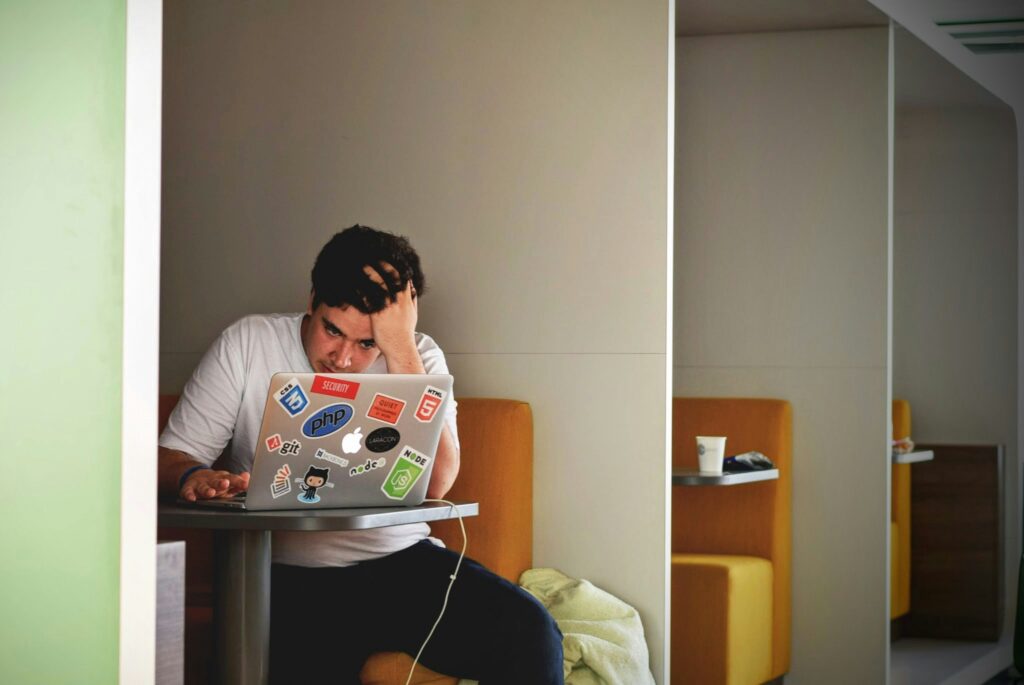It has already been said extensively how artificial intelligence (AI) has transformed our lives – it is now an integral part of us. A 2024 survey conducted by Pew Research revealed that more than half of Americans regularly use AI in their daily lives. The tech industry continues to roll out AI-driven products, not just large language models but also AI-powered software integrated into popular handheld devices like the iPhone and Galaxy series.
A significant aspect of AI’s infiltration into our lives has been driven by the high expectations of enhanced productivity and convenience. That expectation seems to hold true – a 2024 study by the Federal Reserve Bank of St. Louis shows that workers’ productivity increased by 33 per cent when using generative AI tools.
Beyond survey results or industry adoption, I personally feel the growing presence of AI in our lives. More friends have become increasingly dependent on AI; colleagues can no longer complete their tasks without feedback from ChatGPT; projects are predominantly reliant on AI tools; and some people even consider AI chatbots as therapists, close friends, or even romantic partners.
Yes, AI is becoming a vital work assistant and advisor to many, mediated through internet connections. However, a question about the role of AI arises here: if these tools are performing complex, high-intelligence tasks on behalf of humans, what is left for humans to do?
A few discussions address the risk of humans losing their ability to think independently, particularly when it comes to critical thinking and cognitive functions.
‘Cognitive Atrophy’
One of the expert terms used to describe the phenomenon of humans delegating their intellectual struggles to AI-driven tools is cognitive atrophy. This term refers to a state in which individuals are unable to engage in mental processes due to brain inactivity. Outsourcing solutions to problems to AI could be one of the contributing factors.
A friend of mine, who currently works as a teacher at a secondary school, mentions that she has noticed more students asking AI to do the entire thinking process for them. “There’s a tool for research, essay writing, and even study planning,” my friend said. “It seems like they’re just following AI’s instructions without questioning their advice, almost.”
Many have pointed out that the risk of AI replacing human work processes could be mitigated by focusing on fields where AI cannot replace humans, such as manual tasks. However, this does not address the core issue of AI tools diminishing humans’ ability to engage in analogue brainstorming and creative thinking.
To avoid cognitive atrophy, teacher-turned-writer John Spencer suggests in his blog that humans should be aware of what constitutes a “good product” before relying on AI tools. For instance, students should have a clear understanding of what makes for good writing before using generative AI for their essay assignments. In other words, foundational training on what is considered good or bad should take place before adopting AI.

Shaping Your Future in the AI Era
In a recent interview, author Song Gil-young stressed the importance of understanding how AI works and using it as a useful tool for work despite growing concerns over AI dependence and job automation.
“If you can explain the intention and production process behind a product created with the assistance of AI, then it remains human-driven,” Song was quoted as saying. “A product that is completed through your rounds of feedback can still be seen as your creative work.”
Song suggested that communication skills and personal branding would become key elements for humans to retain control of their work in the age of AI.
“The length of career spans is becoming shorter, with many being replaced by automation systems and AI expanding its coverage of tasks. A position within an organisation has become a more unstable role to hold, so building a personal brand, independent of the organisation you belong to, will become more important than ever.”
To build their personal brand, Song recommended that people find a field they are willing to invest in long-term and establish a narrative that sets them apart from competitors. For example, Song introduces himself as a “mind miner”, having studied people’s thinking through big data for the past 20 years.
A 2024 study by the Bank of Korea appears to align with this conclusion. The study found a growing demand for individuals with communication and teamwork skills in the South Korean job market over the past five years, while the number of tech-intensive jobs has declined. The researchers explained in the report that although various human tasks are being replaced by AI and automation technologies, flexible and social communication skills are uniquely human qualities that cannot easily be replaced by computers.
The lead researcher, Oh Sam-il said: “We should provide more opportunities to hone their not only cognitive, but also social skills for students and workers.”



